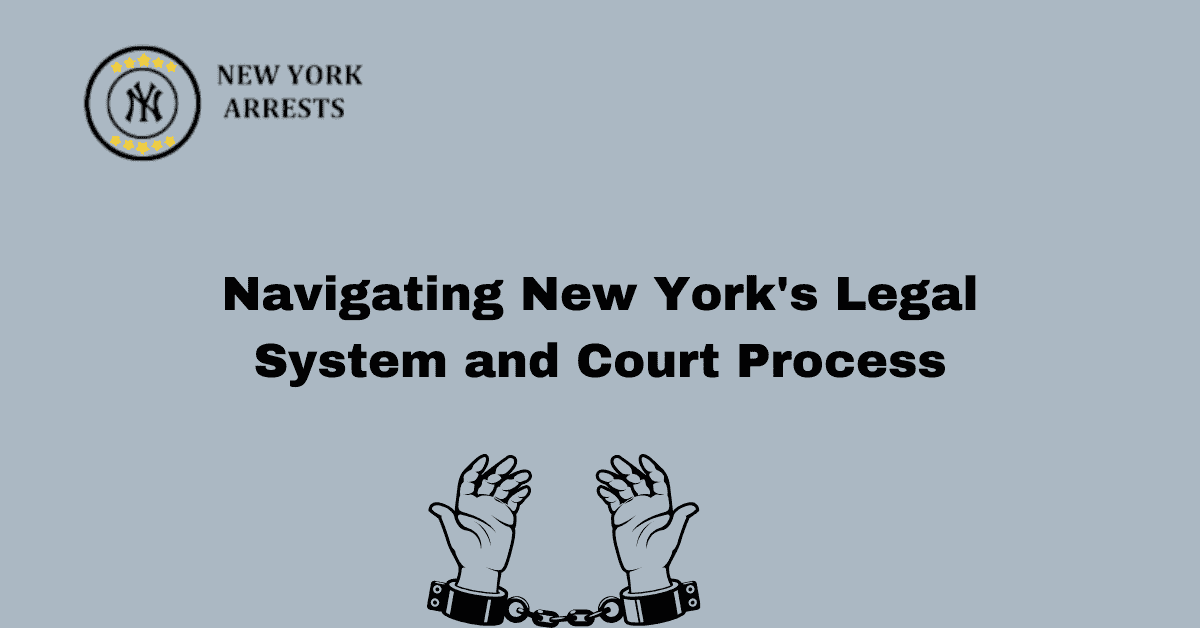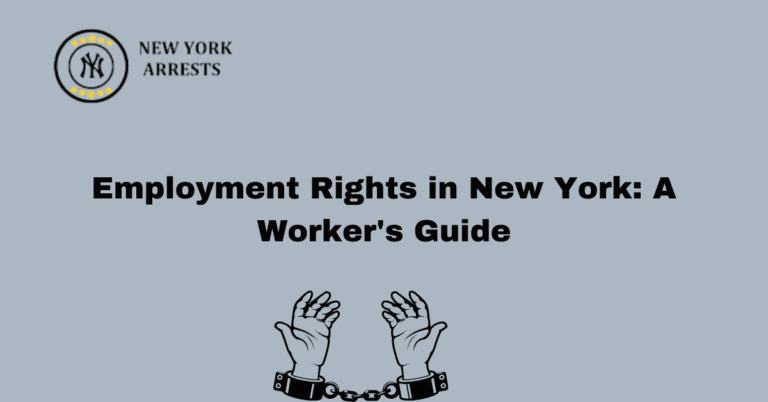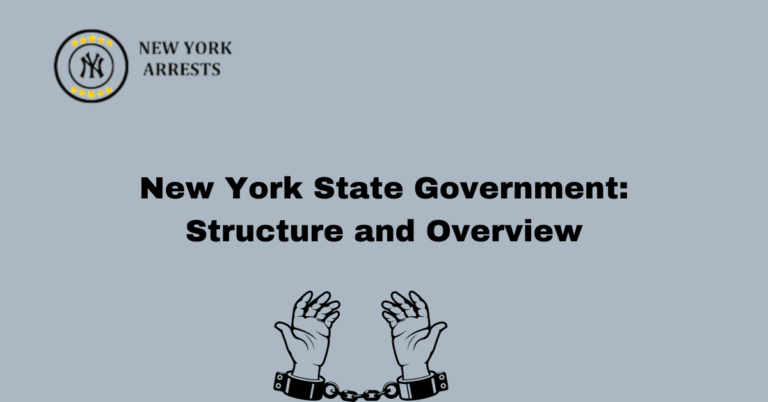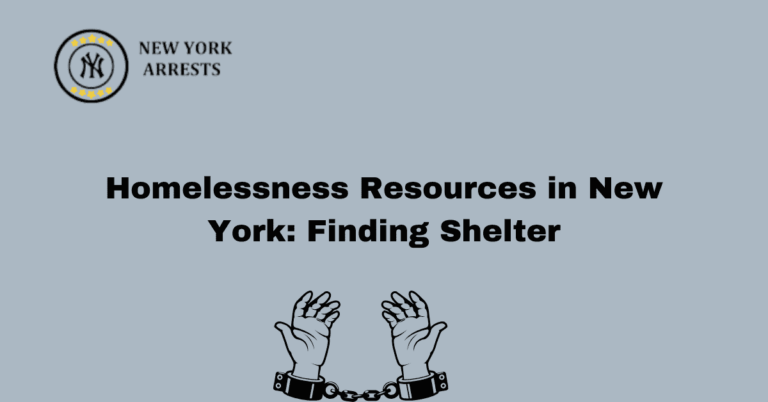Navigating New York’s Legal System and Court Process
New York, often referred to as the “Big Apple,” is not only known for its iconic landmarks and vibrant culture but also for its complex legal system. Navigating the legal landscape in this bustling city can be a daunting task, with numerous courts, laws, and procedures to understand. Whether you find yourself involved in a civil dispute, facing criminal charges, or seeking legal advice, it is crucial to have a solid understanding of New York’s legal system and court process.
The Complexity of New York’s Legal System
New York is known for its iconic landmarks and vibrant culture, but it is also renowned for its complex legal system. Navigating the legal landscape in this bustling city can be a daunting task, with numerous courts, laws, and procedures to understand. Whether you find yourself involved in a civil dispute, facing criminal charges, or seeking legal advice, it is crucial to have a solid understanding of New York’s legal system and court process.
The Structure of New York’s Courts
New York’s court system is made up of various levels and types of courts. At the highest level is the New York State Court of Appeals, which is the state’s highest appellate court. Below the Court of Appeals are the four Appellate Divisions, which handle appeals from lower courts.
Beneath the Appellate Divisions are the trial courts, which are divided into two main categories: the New York Supreme Court and the New York City Civil Court. The Supreme Court has general jurisdiction and handles a wide range of civil and criminal cases, while the Civil Court focuses on smaller civil matters and landlord-tenant disputes.
Understanding New York’s Laws
New York has a vast body of laws that govern various aspects of life in the state. These laws cover everything from criminal offenses and civil disputes to family matters and business regulations. It is essential to familiarize yourself with the specific laws that pertain to your situation, as they can greatly impact the outcome of your case.
One notable aspect of New York’s legal system is its incorporation of both state and local laws. In addition to state laws, each county and city within New York can have its own set of rules and regulations. This means that legal procedures and requirements can differ depending on your location within the state.
The Court Process in New York
When involved in a legal matter in New York, it is important to understand the court process. Typically, a case begins with the filing of a complaint or petition, which outlines the legal issues and the relief sought. The opposing party then has the opportunity to respond to the complaint.
After the initial pleadings, the case may proceed to discovery, where both parties gather evidence and exchange information relevant to the case. This can involve document requests, depositions, and interrogatories. Following discovery, the parties may attempt to reach a settlement through negotiation or alternative dispute resolution methods.
If a settlement cannot be reached, the case will proceed to trial. Trials in New York can be conducted before a judge or a jury, depending on the nature of the case. The court will hear arguments from both sides, examine evidence, and ultimately render a decision.
The Importance of Legal Representation
Given the complexity of New York’s legal system, it is highly advisable to seek legal representation when facing a legal matter. An experienced attorney can guide you through the process, ensure that your rights are protected, and provide valuable advice based on their knowledge of New York’s laws and courts.
Whether you are involved in a civil dispute, facing criminal charges, or simply need legal advice, having a skilled attorney by your side can significantly increase your chances of a favorable outcome.
FAQs
What is the legal system in New York?
The legal system in New York refers to the laws, regulations, and processes followed by the state’s courts and legal institutions. It includes various branches of law, such as criminal, civil, family, and administrative law.
How does the court process work in New York?
The court process in New York typically starts with the filing of a complaint or initiating legal action. It then progresses through various stages, including pre-trial motions, discovery, settlement negotiations, and eventually a trial or hearing if necessary.
What are the different types of courts in New York?
New York has a hierarchical court system that includes various types of courts, such as the New York Supreme Court, Appellate Division, Court of Appeals, Family Court, Surrogate’s Court, and District Courts. Each court has its own jurisdiction and handles specific types of cases.
How can I navigate the legal system in New York?
Navigating the legal system in New York can be complex, but you can seek assistance from legal professionals such as attorneys or legal aid organizations. They can guide you through the process, explain your rights, and help you understand the steps involved in your particular case.
What should I expect during a court hearing in New York?
During a court hearing in New York, you can expect to present your case or defense, provide evidence, and argue your position before a judge. The opposing party will also have an opportunity to present their side. The judge will then make a decision based on the evidence and applicable laws.
Can I represent myself in court in New York?
Yes, you have the right to represent yourself in court in New York, but it is generally recommended to seek legal representation, especially for complex legal matters. An attorney can provide valuable expertise, ensure your rights are protected, and help you navigate the legal system more effectively.







